

Despite completing 21 years of formal education, most PhD graduates will tell you they’ve rarely—if ever—received distinctive, individualized tailored evaluations or detailed feedback from educators. This experience is not unique: across academic levels, students consistently report a lack of personalized, comprehensive analysis. The underlying cause is clear—educators face chronic time constraints that limit their ability to deliver individually tailored, high-quality feedback at scale.
With the rise of AI, educators can now generate machine-written responses at scale—but how meaningful are they if they don’t reflect the educator’s own judgment? Students, as early adopters of AI, can often recognize synthetic feedback instantly. This creates a credibility gap: when faculty warn students not to outsource their thinking to AI, yet rely on it themselves for evaluations, students notice the contradiction. The result is a loss of trust in both the feedback and the institution’s message.
Ideally, an AI-assisted grading solution should ensure that every response is explicitly shaped by the educator’s intent and language. AI’s role must be limited to accelerating the extraction and structuring of the educator’s own words—not replacing them. Crucially, this solution must achieve these goals while saving up to 90% of the educator’s time. When students read feedback, they should immediately recognize it as coming from their instructor—not from a machine. This kind of authentic, educator-authored feedback is something AI alone cannot replicate. And rightly so: if educators expect students not to outsource their thinking to AI, the same principle must apply to the feedback students receive.
Driven by this mission, a former school principal introduces AI—an innovation empowers educators to deliver a level of feedback that was previously unattainable due to time constraints. For the first time, students who invest hours in their assignments can feel that their instructors have invested comparable effort in responding. When feedback reflects the educator’s voice and insight, the learning experience becomes more meaningful—and most would agree that authentic, individualized feedback is essential to optimizing student growth.

School leaders can set mandatory teaching standards on the nuXight platform, allowing educators to deliver reports to parents with just a few clicks. This gives school leaders a holistic understanding of classroom performance, while parents feel more involved and confident in their child's education. When parents see educators improve through periodic reports, they know your school excels in ways other schools do not.

This revolutionary solution is poised to transform students' educational experiences while requiring significantly less effort from educators than the time currently spent producing superficial feedback.

Consequently, if educators provide distinctive, personalized feedback with their own insights, classroom-based suggestions, and emphasis on class materials—something only they, not AI, can offer. AI takes the role of complimenting the educators by saving up to 90% of their time.